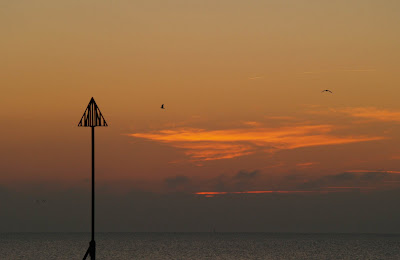I’ve been tagged by John and Doug on this.
Rules:
1. Name the five books (or scholars) that had the most immediate and lasting influence on how you read the Bible. Note that these need not be your five favorite books, or even the five with which you most strongly agree. Instead, I want to know what five books have permanently changed the way you think.
2. Tag five others.
1. John Ashton, not so much for his magnum opus as for the fact that he was my principal NT teacher, who introduced me to all the basics (form criticism, Bultmann, Sanders etc), and is therefore foundational to how I think about the study of Scripture. A good bloke too.
2. Fundamentalism, James Barr. Contemporaneously with the first, reading this was an eye-opening experience for someone who thought that the only way to read the Bible faithfully was through a fundamentalist perspective.
3. Andrew Mein, who recognised my Marcionite tendencies and took me in hand whilst at Westcott. Introduced me to some fairly important ideas, eg the Deuteronomistic history, and also got me to read Brueggemann’s Prophetic Imagination (and the rest is history). Another nice bloke – although he’s crap at Risk
4. James Alison, Faith Beyond Resentment. Was given this by a friend around five years ago and found it utterly fascinating, introduced me to Girardian ways of interpreting Scripture although I think there is more to Alison than simply a representation of Girard. The last chapter blew my mind; not sure the pieces have all been put back together yet.
5. Margaret Barker, Temple Theology who I was switched on to via another of Alison’s books, and who I am only now starting to explore properly (excitingly, she’s a speaker at Greenbelt this year), but I’m finding everything about it fascinating (even if it undermines some of my ideas about worship!).
And I’m surprised I’ve mentioned neither Tom Wright nor Eugene Peterson!
Tags: Phil, Tim G, Paul, Joe, Tim C.





